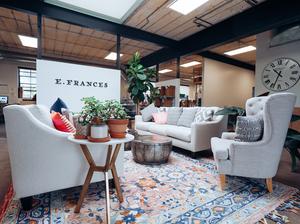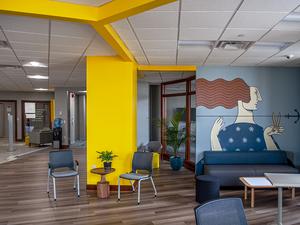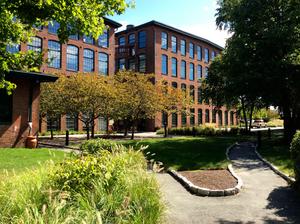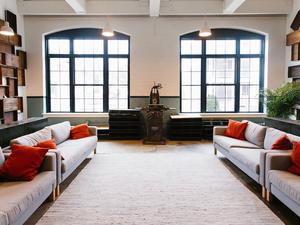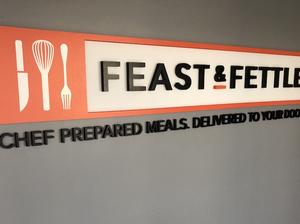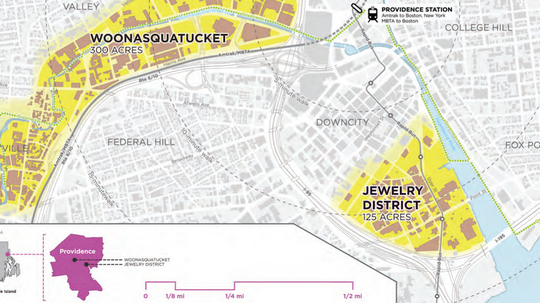
The city of Providence has always been flush with colleges, universities and hospitals, each of which has made major contributions in the form of economic development, job creation and innovation.
Now, these institutions are teaming up to create a better future.
The Urban Innovation Partnership is a public-private initiative between the city and its anchor institutions that will strategize on how to best develop and connect key areas and districts of the city, while leveraging one another’s strengths to drive growth.
Included in the partnership is the city of Providence, Brown University, Rhode Island College, Care New England, Johnson and Wales University, Lifespan, Providence College, Rhode Island School of Design, Roger Williams University, the Community College of Rhode Island and the University of Rhode Island.
“Anytime you are talking about the startup ecosystem … it’s about finding businesses that are ready to grow and helping them get to next level."
“This is the first time we have a really strong collaboration led by the city with all of our institutions of higher education and hospital systems,” Jenn Steinfeld, director of strategic partnerships and economic advancement for the city of Providence, told Rhode Island Inno. “We are talking about how we can use all of their significant investments in the city in a more strategic way to help leverage and advance innovation.”
Specifically, the partnership will focus on how to develop the Jewelry District, which is located south of downtown Providence, and the Woonasquatucket District near Federal Hill, without displacing key resources and people already in the area.
Steinfeld said she hopes to see more collaboration on development such as the case of the South Street Landing Project in the Jewelry District, a $220 million, two-building project with anchor tenants Brown University, the Rhode Island Nursing Education Center and the River House Student Housing Project.
“When the South Street Landing building was sitting empty, no single institution could invest alone in the project,” said Steinfeld. “But three institutions did invest and made it something great.”
Steinfeld said that as the Urban Innovation Partnership continues to advance, they hope to find ways to bring the Jewelry and Woonasquatucket districts together, which, despite their geographic separation, is possible with public transit and the Providence River running through both areas.
Another interesting development is that both areas have recently been declared qualified economic opportunity zones, a new initiative that was tacked onto the tax reform bill last year. The initiative allows people and institutions to defer capital gains taxes if they invest part of that gain in a development project in an economic opportunity zone.
The Urban Innovation Partnership has already hired the Boston-based consulting firm Venture Cafe, a company known for its ability to connect different geographies through innovation.
In Boston, Venture Cafe not only created programming in different areas of the city such as Kendall Square, Dudley Square and Roxbury, but it also developed partnerships and collaborations between those different areas, which is what the Urban Innovation District seeks to do in Providence.
In six months, Steinfeld said she expects Venture Cafe to recommend several projects that the partnership could get started on.
One of those could be increasing the availability of wireless internet in the community.
“These institutions [in Providence] each have a robust wireless network covering their campuses,” said Steinfeld. “We are going to have a conversation about what it would take to make it more available to the city and use it as backbone for a broadband strategy we’ve been working on to address digital divide issues in our city.”
For entrepreneurs and small business owners, although everything is still in the early stages, Steinfeld envisions a variety of support services including training, incubation, workforce development and building a network.
“Anytime you are talking about the startup ecosystem … it’s about finding businesses that are ready to grow and helping them get to next level,” she said. “Once you create a critical mass, then you have financial investments and venture capital that starts to be interested in looking at the area.”
